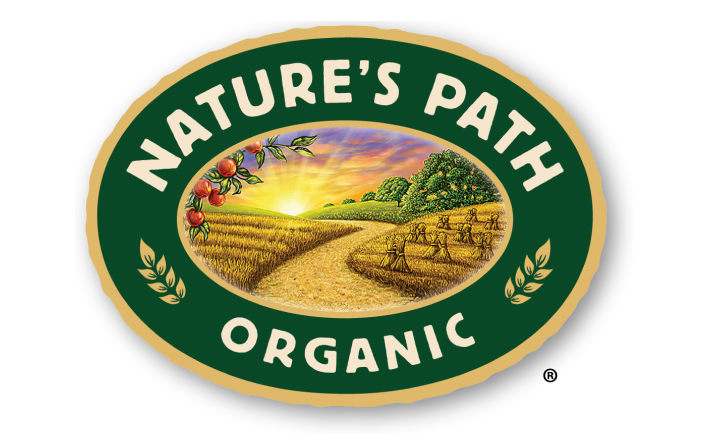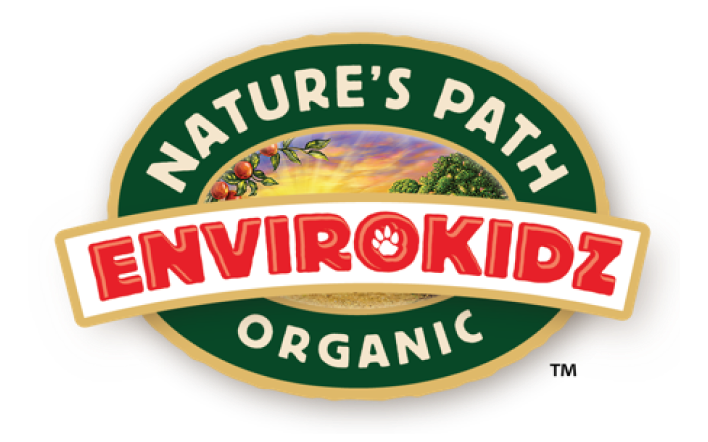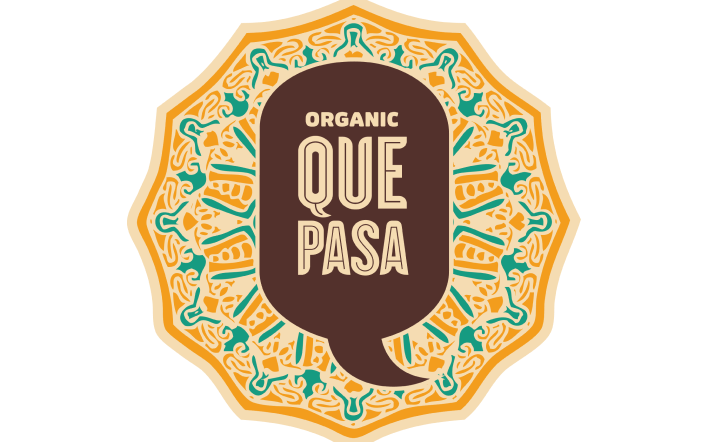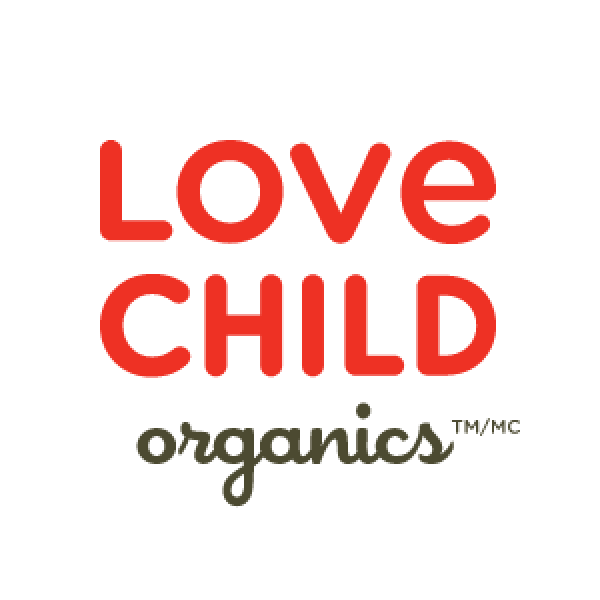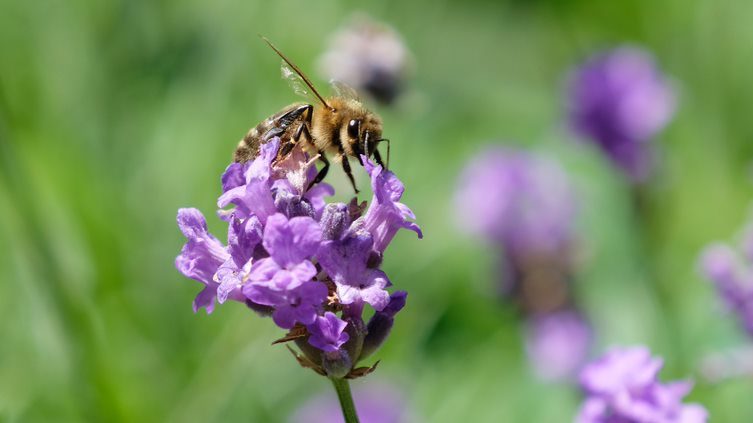
Grow Food By Working with Life on Land
Dawn Danby is an Ecological Design Strategist and co-founder of Spherical Design. She integrates technology and design through research and development, to regenerate the health and integrity of Earth’s living systems. That means that her work is dedicated to restoring the health of the planet through design thinking that allow the earth function and thrive in the ways nature intended. Dawn helps us to understand how regenerative organic farming—Nature’s Path’s latest foray in the holistic farming method—can help restore the health of the planet and tackle climate change. Everything in organic farming starts with the soil. “In agriculture, everything is connected. Everything is based on healthy relationships, if we want to build healthy soil,” says Dawn. “It's really, in a lot of ways, the foundation for our cultures, our health, our communities, our families, our children—it is deeply connected to how healthy our soil is. The way we grow food is hugely important in terms of how we stabilize the planet and its climate, because we, as a human species, are using 70% of the Earth's landmass for our own use—for growing, for living, for doing all the kinds of things that we do.”
“And so, we think about how we grow food. And how are we doing it in a way that actually starts to absorb water into the soil, builds up the soil, and ultimately starts to pull carbon down from the atmosphere, holds it in soil—that is a substantial way for us to be able to actually start to stabilize the climate of the planet,” explains Dawn. Regenerative organic farming could hold the key to stabilizing the climate. And with the way Dawn beautifully articulates the connection between growing food and life on the planet, it is an effortful method worth pursuing: “The land itself breathes. This planet is alive and it is actually breathing if you look at it through the seasons. So, that inhalation and exhalation has everything to do with how that land is hosting life. And that's how we grow food. We grow food, by working with life on land. So when we look at organic and regenerative forms of agriculture, we're looking at building up the health of those soils, as well as inviting in much more life and diversity are all different kinds, all different kingdoms of life are invited in to participate in growing food. And then we invite those in to participate in growing food and we invite that into our homes we invite those into our bodies we invite that into our families.”


